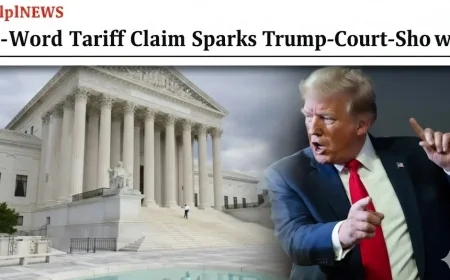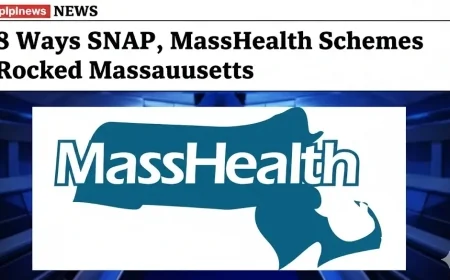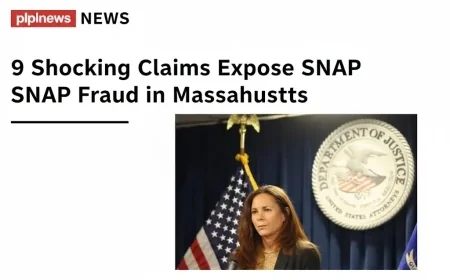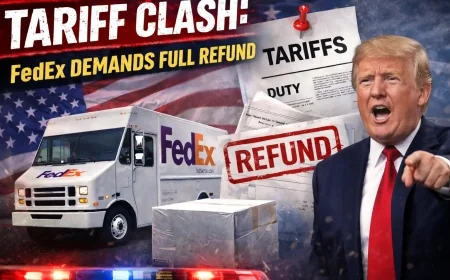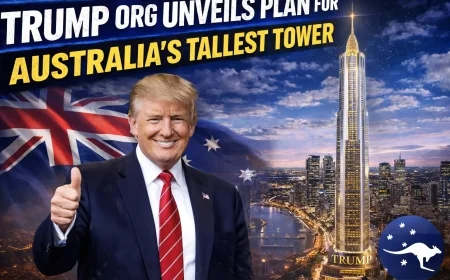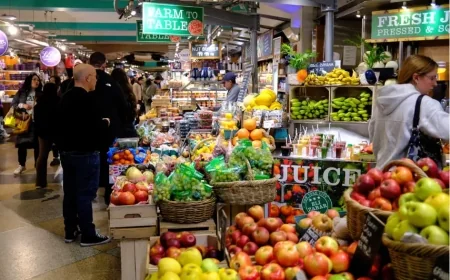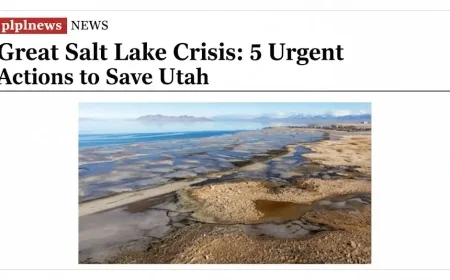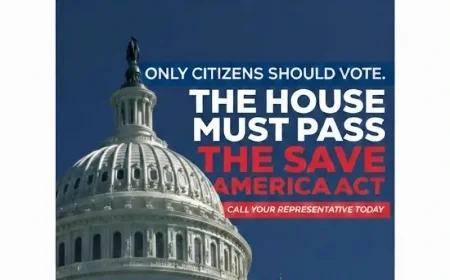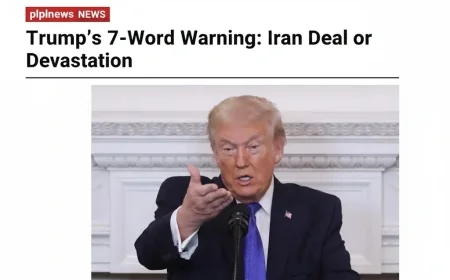In recent weeks, the Chancellor had strongly hinted at raising taxes—a move that would have broken the Labour Party's election promise not to raise "basic, higher, or additional rates of income tax."
However, as first reported in the Financial Times, the Chancellor has decided not to proceed after projections showed the gap in public finances is £10 billion smaller than previously estimated.
Instead of raising rates, Reeves may opt to freeze or reduce the income tax threshold, i.e., the salary level at which rates apply.
Other taxes could also be increased, and government sources say she is still facing "tough choices."
They also stressed that the move is unrelated to the recent turmoil surrounding the Prime Minister's future.
Before each budget, the Chancellor submits his plans to the Office for Budget Responsibility (OBR), which estimates whether the government will spend more than it raises and whether the economy will grow or contract.
A proposal for a 2 pence increase in income tax rates and a similar cut in national insurance was submitted to the OBR earlier this month as an option to be evaluated based on cost. This would have reduced the then £30 billion gap in public finances, caused primarily by falling productivity.
New OBR estimates appear to indicate that the projected potential for wage and tax receipts in the coming years has increased, closing several billion pounds of this gap, bringing it closer to £20 billion.
In addition to the more positive forecasts, it is also true that many Labour MPs were concerned about breaking election promises, which may have influenced the Chancellor's decision.
Government borrowing costs initially rose, but later fell, following reports that the financial crisis would not be as severe as previously thought.
Government borrowing costs jumped following reports that Reeves had canceled an income tax increase.
The Chancellor never publicly comments on what will be in his budget, but he prepares the ground for any major changes to come – also known as "rolling the pitch."
And in the months leading up to this year's financial statement, Labour ministers have repeatedly given strong indications that income tax rates will rise.
In October, the Prime Minister refused to reiterate his previous promise not to increase major taxes, despite Conservative Leader Kemi Badenoch calling for it in an answer to Prime Minister's Questions.
Earlier this month, Reeves, in an unusual move, warned of the need for "essential alternatives" in his pre-budget speech and said everyone would have to "contribute."
"Of course, it would be possible to stick to manifesto commitments, but that would require things like significant cuts to capital spending."
If the Chancellor decides not to raise income tax rates, she will have to find other ways to raise funds to bridge the public finance deficit of around 20 billion pounds while adhering to her own rules on debt and borrowing.
She may choose to extend the freeze on income tax and National Insurance (NI) thresholds. This freeze was introduced in April 2023 and was due to expire in 2028.
While extending this freeze wouldn't strictly violate the manifesto promise, it would mean some individuals' income tax bills would increase, as more people would be pushed above the income threshold, after which they would either start paying tax and NI or become eligible for higher tax rates.
It would also mean Reeves reversing her stance from last year's Budget, when she told MPs: "I've concluded that extending the threshold freeze would harm working people. It would take more money off their payslips."
"From 2028-29, the personal tax threshold will once again be raised in line with inflation."
The Institute for Fiscal Studies estimates that extending this freeze for two years could raise £8.3 billion annually and would mean that a person earning the minimum wage would have to pay income tax if they worked just 18 hours a week.
Another option would be to lower the threshold, which would raise more money than simply increasing the stabilization.
There are reports that the Treasury is also considering other measures, including a new tax on electric vehicles and higher taxes on gambling companies.
Insiders say the Chancellor's budget strategy "remains the same" – increasing the buffer or "headroom" to meet his borrowing rules from the current £10 billion per year, to mitigate rising cost-of-living pressures and to make "fair decisions" regarding tax.
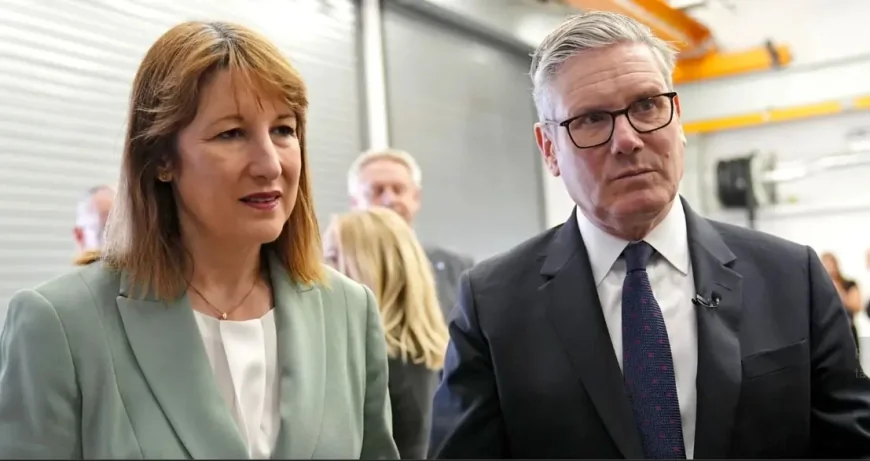
 Like
0
Like
0
 Dislike
0
Dislike
0
 Love
0
Love
0
 Funny
0
Funny
0
 Angry
0
Angry
0
 Sad
0
Sad
0
 Wow
0
Wow
0


